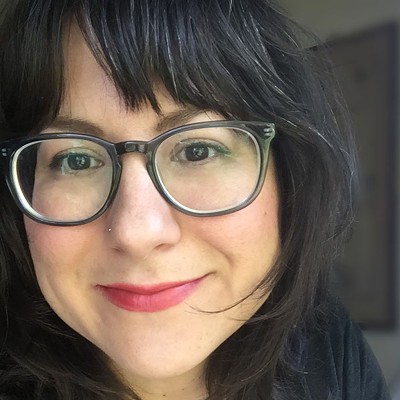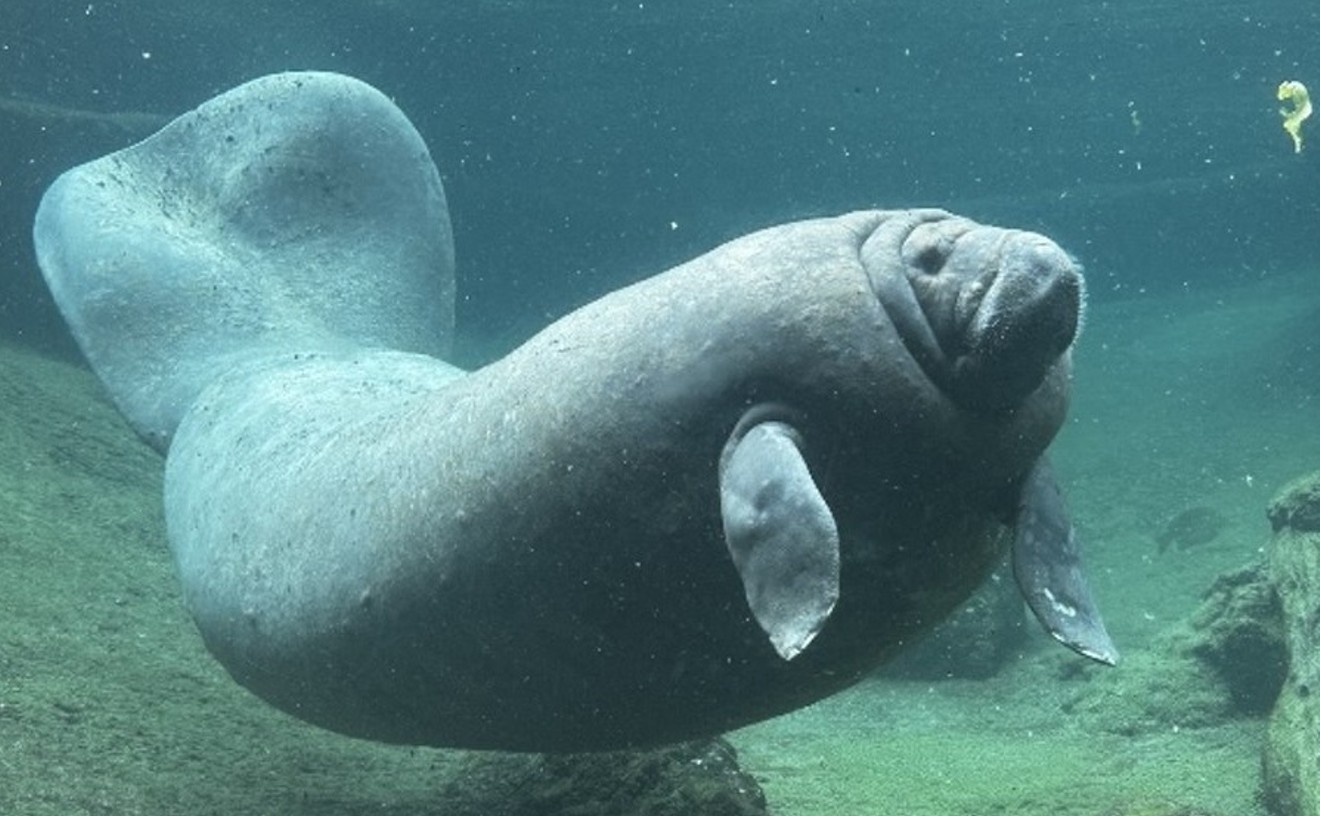Oba Ernesto Pichardo strolls around his spacious, well-groomed back yard, past the shelves where plants he potted thrive. In a lot next to his house, the high priest — which his title of "oba" designates — has plans for a more ambitious garden, where members of the Church of Lukumi Babalu Aye can use a sustainable, organic plot for the herbs and trees needed for their religious practices. Many people still don't realize that at its heart, his faith — better known as Santería — is about worshipping nature. "That's what we're about," he says of his garden project. "That's where our values are."
Lukumi is traditionally a secretive, localized religion that fuses beliefs and practices from the Yoruba, Catholics, and Spiritists. After decades of being maligned by cops who didn't understand their rituals and neighbors who thought they were devil worshipers, Pichardo has done more than anyone in Miami to fight for santeros' rights.
"We don't have the resources that the mainstream does," he laments. Pichardo speaks for the Lukumi voiceless. He jokes that his voice is "one of the loud ones."
The Supreme Court heard those cries in 1993 when it decided a landmark case in favor of Pichardo and religious freedom. In Church of Lukumi Babalu Aye v. City of Hialeah, the high court found that the city couldn't arrest church members for performing animal sacrifices that are legit religious ceremonies.
In the face of prejudice, ignorance, and even violence — including Bibles thrown through his church's windows — Pichardo takes the route of education and direct confrontation. "I pioneered law enforcement sensitivity classes here," he notes. Pichardo has a particularly keen understanding of his rights. "I'm not a lawyer, but I can certainly argue a lot of the law with lawyers."
Born in Havana, Pichardo grew up in the Westland side of Hialeah. Though he spent his childhood as a Catholic altar boy, the holy man entered the Lukumi priesthood at age 16, eventually reaching the highest level of initiation."I've always been very open-minded, very broad," he notes, adding that he studied cultural anthropology and marketing in school.
Of Lukumi, he says, "We believe that no one has an absolute truth. No one has the absolute monopoly over God." In that vein, he hosted a Spanish cable program on Telemiami, interviewing a diverse group of religious leaders.
Always busy, his latest venture is an online Lukumi version of Food Network, which shows the world how to make sacred foods in a ritual context.
Whether in conversation, compost, or dinner, Pichardo isn't afraid to get his hands dirty.
<< Shenise Johnson | Russell Faibisch >>











